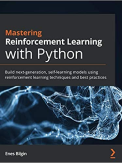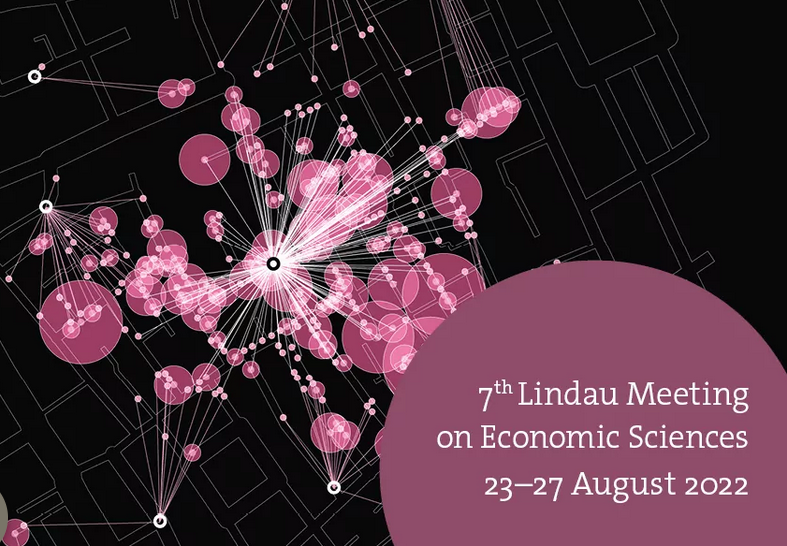

Events
Conferences
Books

Mastering Reinforcement Learning with Python
E. Bilgin
Reinforcement learning (RL) is a field of artificial intelligence (AI) used for creating self-learning autonomous agents. Building on a strong theoretical foundation, this book takes a practical approach and uses examples inspired by real-world industry problems to teach you about state-of-the-art RL.Starting with bandit problems, Markov decision processes, and dynamic programming, the book provides an in-depth review of the classical RL techniques, such as Monte Carlo methods and temporal-difference learning. Deep Q-learning, policy gradient algorithms, actor-critic methods, model-based methods, and multi-agent reinforcement learning are also explained. The key approaches behind successful RL implementations, such as domain randomization and curiosity-driven learning are presented.

Making Sense of Chaos
J. D. Farmer
We live in an age of increasing complexity, where accelerating technology and global interconnection hold more promise – and more peril – than any other time in human history. As well as financial crises, issues around climate change, automation, growing inequality and polarization are all rooted in the economy, yet standard economic predictions fail us. Many books have been written about Doyne Farmer and his pioneering work in chaos and complexity theory. Making Sense of Chaos is the first in his own words, presenting a manifesto for doing economics better. In a tale of science and ideas, Farmer fuses his profound knowledge with stories from his life to explain how to harness a scientific revolution to address the economic conundrums facing society. Using big data and ever more powerful computers, we can for the first time apply complex systems science to economic activity, building realistic models of the global economy. The resulting simulations and the emergent behaviour we observe form the cornerstone of complexity economics. This new science, Farmer shows, will allow us to test ideas and make significantly better economic predictions – and, ultimately, create a better world.

The Origin of Wealth: The Radical Remaking of Economics and What it Means for Business and Society
E. D. Beinhocker
Over 6.4 billion people participate in a $36.5 trillion global economy, designed and overseen by no one. How did this marvel of self-organized complexity evolve? How is wealth created within this system? And how can wealth be increased for the benefit of individuals, businesses, and society? In The Origin of Wealth, Eric D. Beinhocker argues that modern science provides a radical perspective on these age-old questions, with far-reaching implications. According to Beinhocker, wealth creation is the product of a simple but profoundly powerful evolutionary formula: differentiate, select, and amplify. In this view, the economy is a "complex adaptive system" in which physical technologies, social technologies, and business designs continuously interact to create novel products, new ideas, and increasing wealth. Taking readers on an entertaining journey through economic history, from the Stone Age to modern economy, Beinhocker explores how "complexity economics" provides provocative insights on issues ranging from creating adaptive organizations to the evolutionary workings of stock markets to new perspectives on government policies. A landmark book that shatters conventional economic theory, The Origin of Wealth will rewire our thinking about how we came to be here--and where we are going.

Economics and Consumer Behavior
A. Deaton and J. Muellbauer
This classic text has introduced generations of students to the economic theory of consumer behaviour. Written by 2015 Nobel Laureate Angus Deaton and John Muellbauer, the book begins with a self-contained presentation of the basic theory and its use in applied econometrics. These early chapters also include elementary extensions of the theory to labour supply, durable goods, the consumption function, and rationing. The rest of the book is divided into three parts. In the first of these the authors discuss restrictions on choice and aggregation problems. The next part consists of chapters on consumer index numbers; household characteristics, demand, and household welfare comparisons; and social welfare and inequality. The last part extends the coverage of consumer behaviour to include the quality of goods and household production theory, labour supply and human capital theory, the consumption function and intertemporal choice, the demand for durable goods, and choice under uncertainty.






